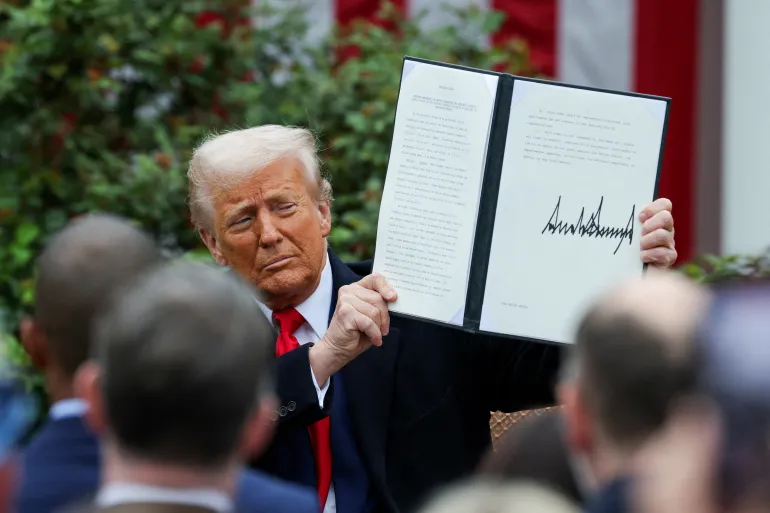
In recent years, the United States has implemented tariffs on imported alcohol, aiming to protect domestic producers or respond to trade disputes. However, these tariffs are more than mere economic policies; they have far-reaching consequences that affect various sectors of the economy, from small businesses to everyday consumers. While tariffs can sometimes serve strategic purposes, their unintended side effects—particularly increased costs for consumers and adverse impacts on American businesses—are becoming increasingly evident.
The Impact of Tariffs on American Businesses
Supply Chain Disruptions and Increased Costs
One of the primary concerns with US alcohol tariffs is how they distort supply chains. Many American businesses, especially bars, restaurants, and retail outlets, rely on imported alcohol brands that are now subjected to added tariffs. This results in a direct hike in procurement costs, compelling these businesses to either absorb the additional expenses or pass them on to consumers. Small-tier businesses, which often operate on thin margins, are particularly vulnerable.
Moreover, tariffs can discourage international trade partnerships. Suppliers might seek alternative markets or delay shipments due to uncertainties surrounding tariffs, leading to potential shortages or reduced product diversity for American consumers. This scenario stifles competition and innovation within the industry, ultimately hindering the growth prospects of domestic businesses that depend on a diverse import portfolio.
Impact on Alcohol Producers and Distributors
Tariffs not only affect importers but also reverberate through the entire distribution network. U.S. producers who compete with imported brands may experience increased pressure to lower prices or enhance product differentiation to maintain their market share. Conversely, some importers might reduce their product listings, leading to fewer choices for consumers and less revenue for domestic distributors.
Furthermore, the increased costs due to tariffs may delay or complicate negotiations with international suppliers, curtailing the availability of certain popular products. Businesses that operate on tight schedules and inventory models are particularly at risk, as unpredictable tariffs make planning more challenging.
Effect on Consumer Prices and Purchasing Power
Rising Prices for Imported Alcohol
Perhaps the most noticeable consequence of tariffs on alcohol is the rise in retail prices for consumers. Imported spirits and wines, which often enjoy a premium status due to their unique flavors and cultural significance, become more expensive when tariffs are added. This increase directly impacts consumers who prefer or regularly purchase imported brands.
For example, consumers might find their favorite Scotch, tequila, or wine now costing significantly more, reducing their purchasing power and potentially limiting their consumption. This can impact the broader economy as well, as higher alcohol prices may influence social behaviors and spending patterns.
Potential Economic Strain on American Consumers
Costlier imported alcohol can tip the scales for budget-conscious consumers, especially during economic downturns or periods of inflation. Increased prices may reduce overall alcohol sales volume, and in some cases, lead to a decline in tourism or social activities centered around alcohol consumption. Consequently, sectors such as hospitality and entertainment could see revenue declines, further permeating economic challenges across multiple industries.
Broader Economic and Diplomatic Implications
Trade Tensions and Retaliation Risks
Tariffs are often implemented as a part of larger trade strategies, which can escalate tensions between trading partners. The USA’s alcohol tariffs could trigger similar retaliatory measures from other countries, affecting exports and imports in a range of industries beyond alcohol. Such tit-for-tat policies threaten to complicate international relations and harm global trade dynamics.
Otherwise, they risk creating a trade environment characterized by increased uncertainty, discouraging foreign investment and collaborations that are vital for the growth of American industries.
Impact on International Relationships and Negotiations
Trade barriers like tariffs can undermine diplomatic relations, especially if foreign governments perceive them as unfair or protectionist. This tension can spill over into negotiations on other critical issues, possibly leading to a compromise that favors tariffs or restrictions on American exports—the very reverse of the free trade ideals many advocate for.
Furthermore, industries heavily reliant on international markets may find themselves caught in the crossfire, exacerbating economic instability and hampering global economic cooperation.
Potential Alternatives and Solutions
Instead of heavy reliance on tariffs, policymakers might consider more balanced approaches that promote fair trade, protect domestic industries, and preserve consumer interests. Some options include:
- Negotiating fair trade agreements that reduce tariffs and promote equitable exchange.
- Supporting domestic production through grants, tax incentives, or modernization programs to lower costs.
- Encouraging innovation in marketing and product development to differentiate American-made alcohol and reduce dependence on imports.
- Implementing targeted tariffs only when justified by clear trade violations, ensuring minimal impact on businesses and consumers.
Conclusion: The Need for Careful Policy-making
The debate over US alcohol tariffs exemplifies the complex interplay between protecting domestic industries and maintaining economic stability and consumer affordability. While tariffs may serve strategic or political purposes, their repercussions on small businesses, consumers, and international relations must be carefully evaluated.
Ultimately, a balanced approach that fosters fair trade and supports domestic growth without unnecessarily burdening consumers appears to be the most sustainable path forward. Policymakers should consider the broader implications of tariffs to ensure economic resilience and to prevent unintended harm to American businesses and households.
For more updated news please keep visiting Prime News World.








